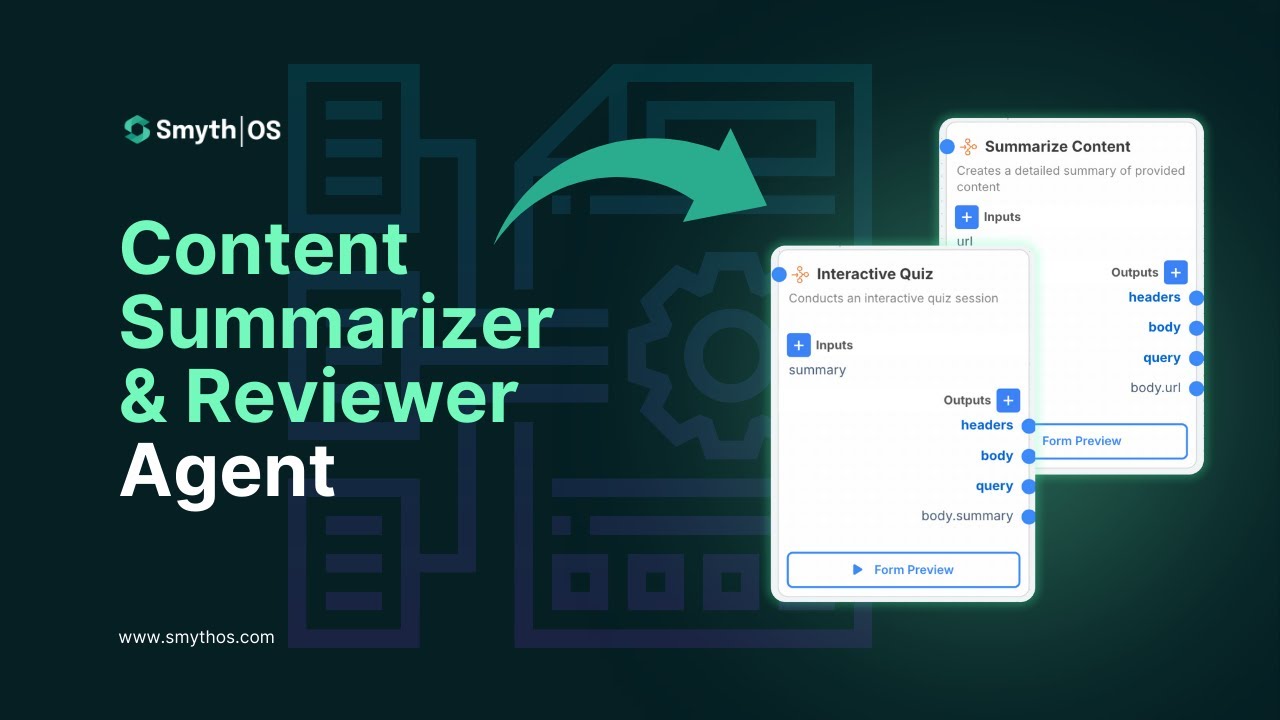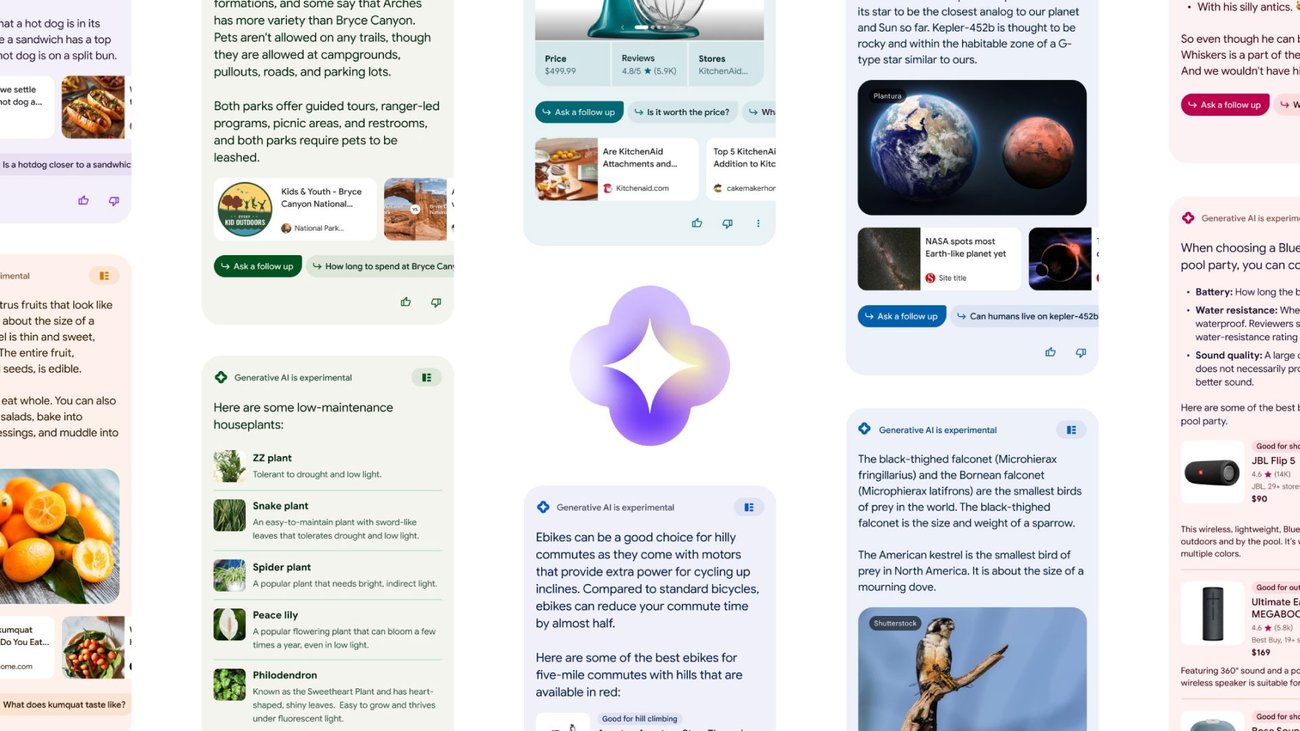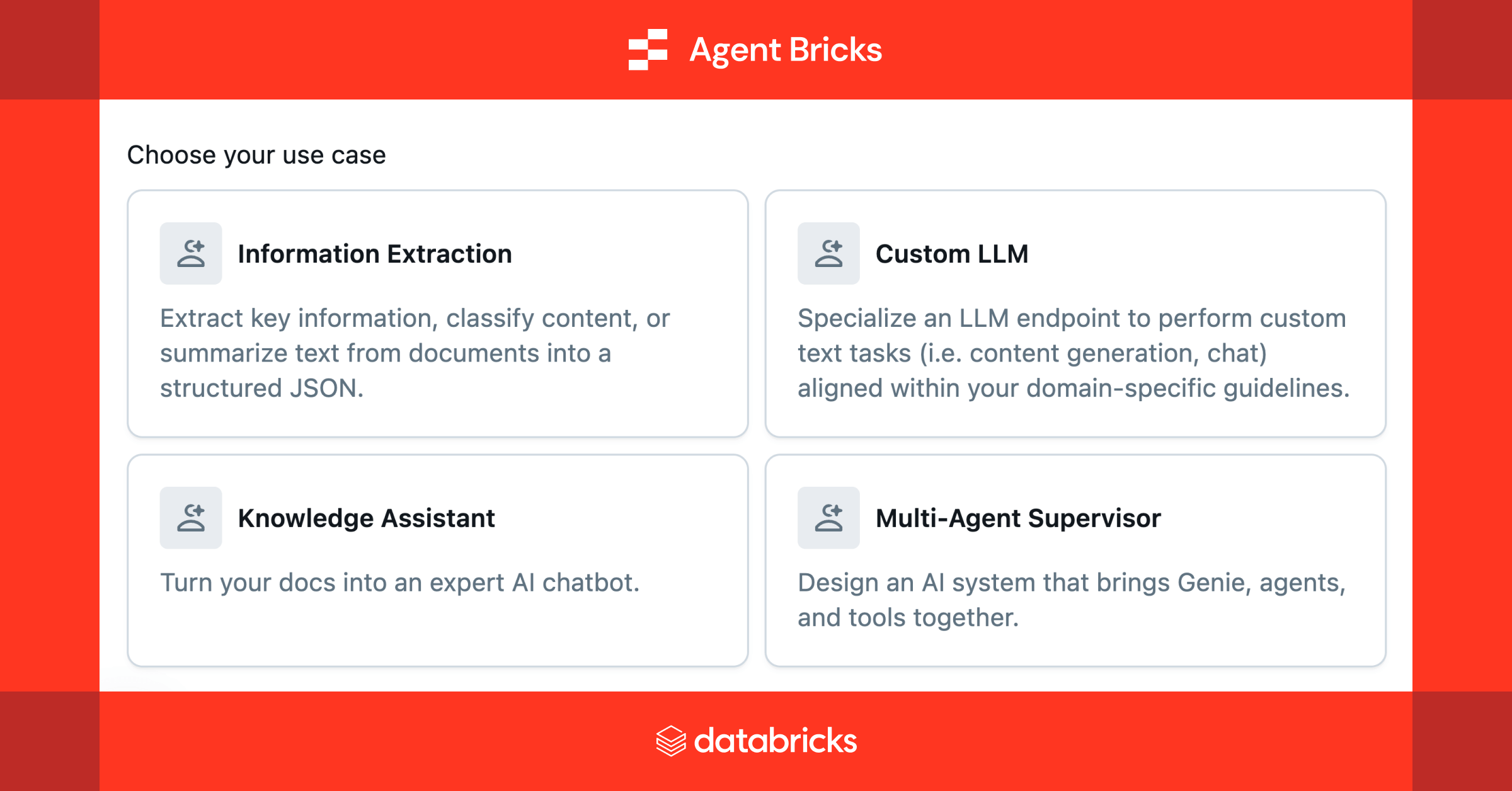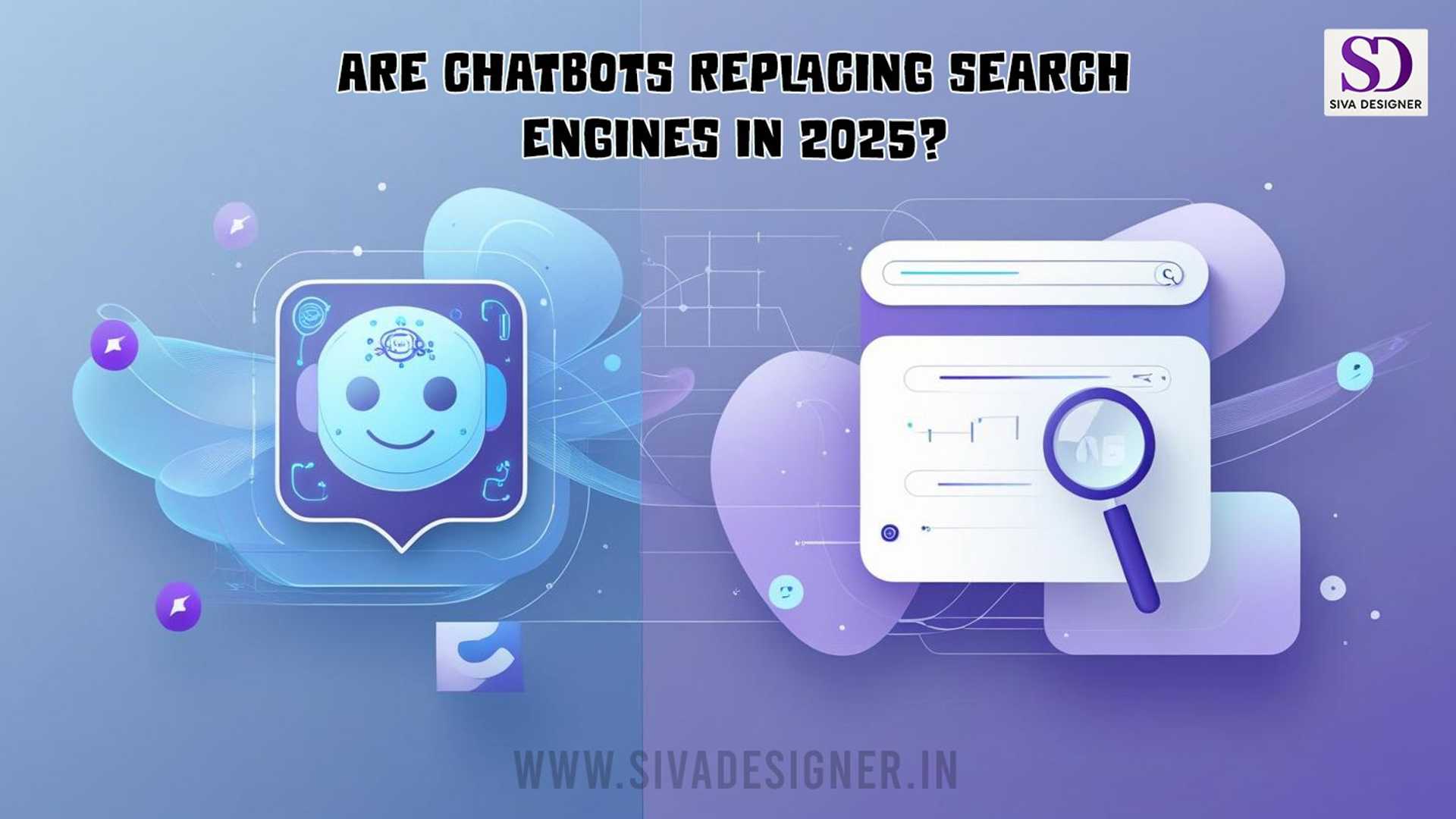Chatbots vs. Search: Real Data on AI's Impact in 2025
For over two decades, search engines like Google and Bing have shaped how we explore the web. We've been trained to type in keywords, click links, and dig through pages of results. But since 2022, the rise of AI chatbots like ChatGPT, Claude, Gemini, and Perplexity has started changing this pattern. Instead of asking “best restaurants in town” and skimming through 10 blogs, people now ask a chatbot - and get a direct answer in seconds.
Search is shifting. We're moving from keyword-based querying to natural, conversational interaction. It responds more quickly, seems more intelligent, and above all, offers a surprisingly natural, human-like experience. We're no longer satisfied with a list of links. We want answers. We want clarity. Chatbots deliver on that - often in a tone that feels like you're chatting with a smart friend.
The Rise of AI Chatbots
People love how natural it feels. No awkward phrasing, no keyword stuffing - just normal questions and helpful answers. When you're in a hurry, speed matters. Chatbots save time by delivering precise summaries instead of sending you off on a hunt through 10 web pages. Studies from 2024 show that nearly 63% of users prefer direct answers over clicking through multiple sites. It's convenience over clicks - and chatbots win that race. 
Natural language processing (NLP) has come a long way. Today's chatbots can hold conversations, adjust tone, and even express empathy. They're not just tools. They're becoming assistants, companions, and in some cases, creative partners. Ask a chatbot three related questions, and it remembers what you're talking about. No need to rephrase or repeat.
The Evolution of Search Engines
Even as AI becomes more popular, classic search engines are adapting and changing rather than disappearing. Global data shows only a 0.51% year-over-year decline in total search engine traffic, which still clocks in at a staggering 1.86 trillion visits annually. Google and Bing remain dominant forces, especially after integrating AI-powered features like Gemini and Copilot. 
AI chatbot platforms, however, are growing fast. In 2024 alone, AI-assisted searches grew by 80.92%, reaching 55.2 billion visits globally. Still, that's just around 3% of total search traffic. So while chatbots are growing quickly, traditional search still holds the crown.
Comparison and Future Trends
While chatbots are growing rapidly, search engines continue to dominate in terms of overall usage. Even with all the AI hype, Google still sees over 5.5 billion searches a day. Google's new SGE (Search Generative Experience) aims to combine both styles - instant answers plus a link trail.
Looking ahead, the next 5 years might see more hybrid tools that combine chat, search, and exploration functionalities. The distinction between chatbots and search engines is becoming less clear as their features increasingly overlap. AI chatbots aren't replacing search engines yet - but they are transforming them. 
Optimizing Content for AI and Search
Marketers are now optimizing content not just for Google, but also for AI summarization. That means writing clearly, answering questions directly, and offering real value. Solid SEO fundamentals still matter in an AI-driven world, as both search engines and chatbots rely on clean, crawlable websites with high authority.
The best approach is to recognize when to use traditional search and when to opt for a chatbot. By leveraging both effectively, brands can ensure their content is quoted and referenced by AI systems, enhancing visibility and credibility.
AI isn't killing search - it's upgrading it. Chatbots like ChatGPT, Gemini, and Copilot are revolutionizing the search experience by providing more conversational, personalized responses. In 2025 and beyond, we'll continue to search, but in a smarter, more interactive way.
As the landscape of AI and search evolves, it's essential to adapt how we create, search, and optimize content to align with these advancements in technology.




















